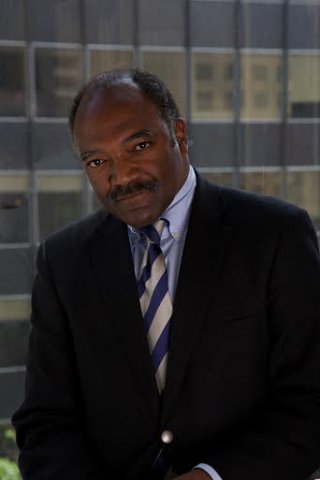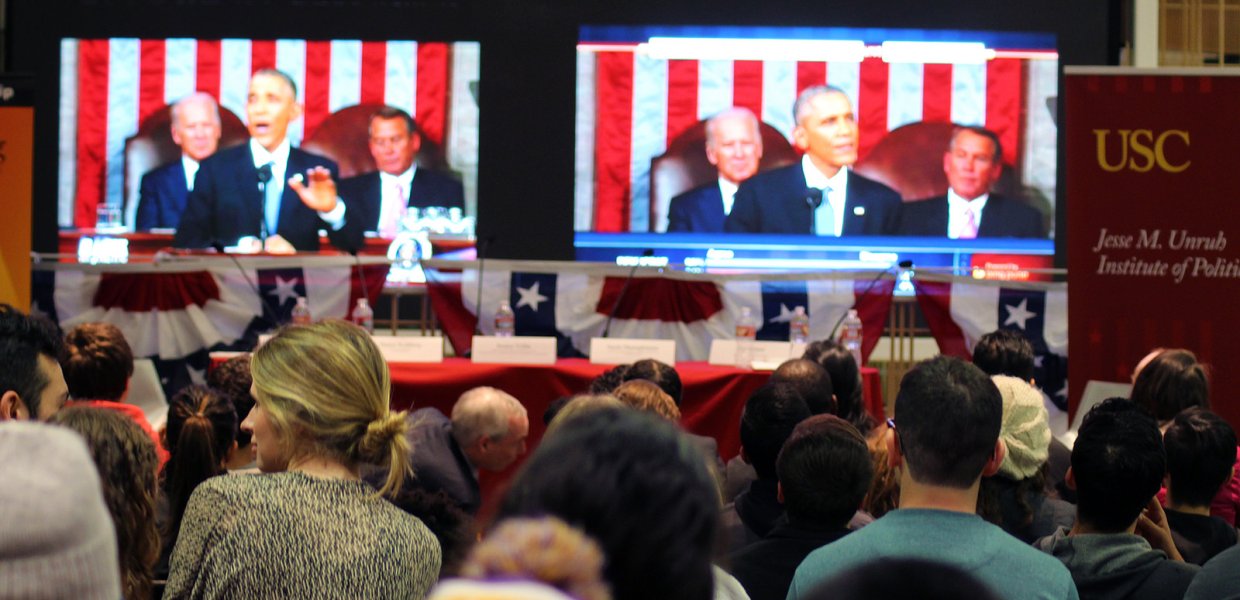The Communication Law and Media Policy minor is dedicated to informing students about the definitions and regulations related to free speech, censorship and political communication for a plethora of various career fields.
Students in the minor are able to combine courses from communication, economics, journalism, law and political science that are most relevant to their intended career path within USC Annenberg. The widespread course selection of the minor is designed to provide job training for a variety of careers, from entertainment law to international policymaking.

“Law is the foundation of business and technology in our society,” Lloyd said.
Lloyd currently teaches COMM 371: Censorship and the Law, a course that acts as a guide to understanding changing interpretations of the free speech and free press clauses of the First Amendment.
Digital Journalism master student Graham Stecklein elaborated on how being a student in Lloyd’s COMM 371 course helped shape his view of the legal world.
“My experience in the class was the best I had in my two years at Annenberg,” Stecklein said. “The things I learned in his course changed the way that I look at the world around me, opening my eyes towards understanding the legal side of media as a dynamic battleground rather than an established set of laws and policies.”
Stecklein also demonstrated the practicality of the career training skills gained from Lloyd’s course.
“I did public radio immediately after graduating, and I'm currently a grant writer for a nonprofit and freelancer,” Stecklein said. “There are plenty of legal particulars about the work I do now, but even beyond the specifics, everything I got out of Professor Lloyd's class I will carry with me and reflect on happily for many decades to come.”
Experience as an associate general counsel for the Federal Communications Commission has given Lloyd a vested interest in the importance of a law background in any career. According to Lloyd, a basic legal background should be universal for every employee.
“Whether you are a doctor or an engineer, you need to have an understanding of laws that affect you and have a clear opinion of what you think of them,” Lloyd said.
With the convergence of law, business and technology fields becoming the future, it is a natural next step for the innovative USC Annenberg to implement a minor aimed at providing students with career skills essential to success in this new field.
Professor Laurance Strait shared a similar view on the widespread practicality of the courses he teaches under the minor.
“One thing that makes our department and the Annenberg School unique is that it embraces a pretty wide view of what communication is, while other departments are more specialized,” Strait said. “Particularly in the [Communication Law and Media policy] minor, communication is treated as both a humanity and a social science. It is difficult to imagine another discipline that is as widespread as ours is.”
Strait teaches COMM 322: Argumentation and Advocacy, which focuses on introducing students to the basic theories and practices of argumentation and natural language reasoning. The course also gives students a background in auditing and evaluating arguments displayed in science, media and daily life.
While the majority of his students are within the Communication major, Strait said students from Health Science and Public Policy are common as well. Strait said the wide variety of career interests in the class is most evident by the final project of the course, which is intended to demonstrate the student’s ability to analyze and refute an argument from any subject of their choosing.
The widespread practicality of the minor proves especially useful for students unsure of post-graduation plans.
“The Communication Law and Media Policy minor is a great choice for Pre-Law majors, but is also equally as beneficial to students still contemplating career goals,” Strait said. “This is due to the wide variety of skills that the minor offers students, no matter what career field they eventually end up in.”
This offers a solution for college students nationwide that struggle with adapting changing career goals to a pre-set minor as they approach graduation.


